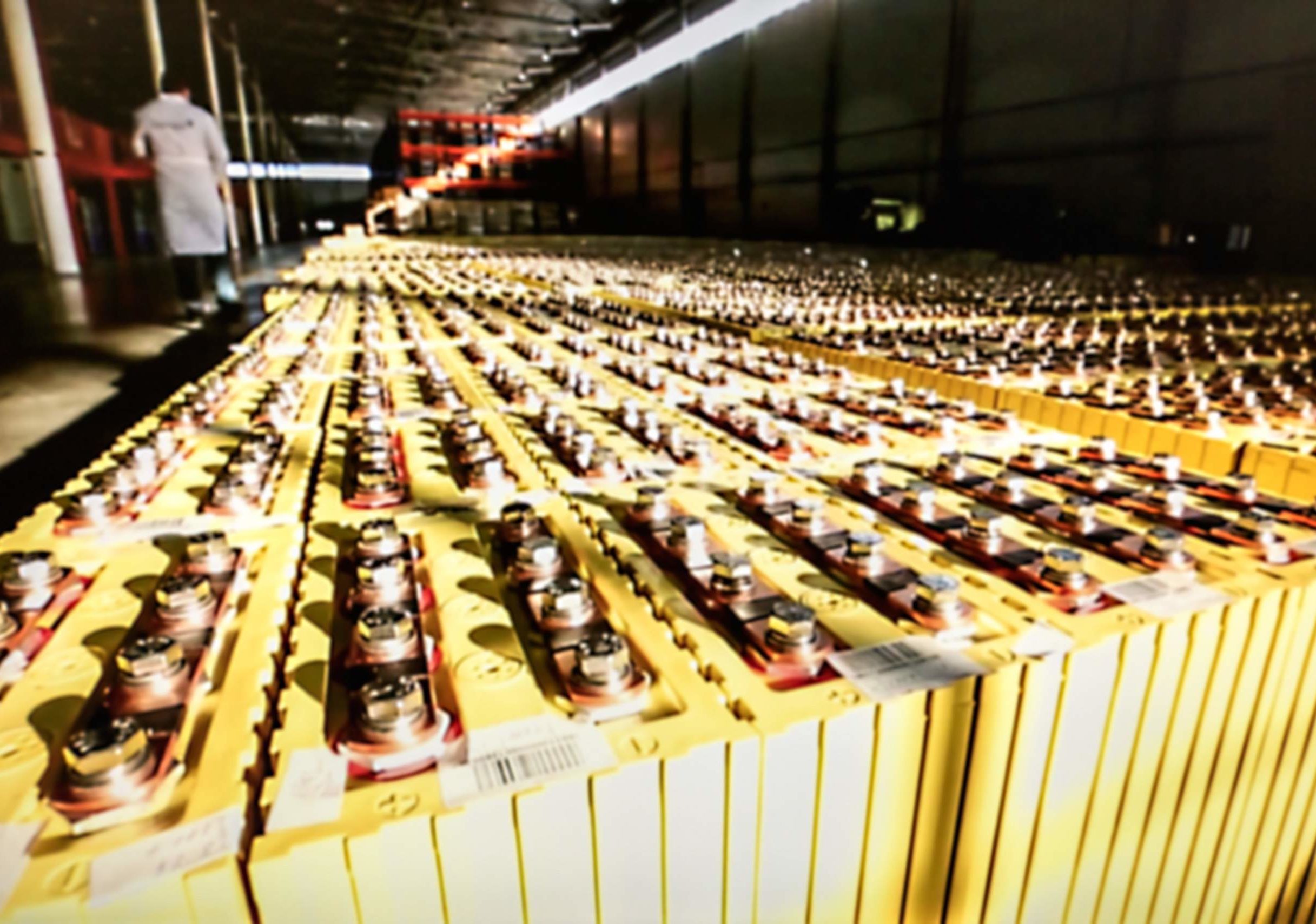
UK startup Cornish Lithium has announced it has received a £1m investment for its lithium mining plans in the UK.
The startup secured the rights to explore resources of the metal in underground brine hot springs in Cornwall back in January.
The new investment, from backers in the mining and natural resources industries, will allow Cornish Lithium to explore and pinpoint where exactly in the country it can start mining the metal.
The startup said it will be the largest unified exploration programme Cornwall has ever seen.
Jeremy Wrathall, chief executive of Cornish Lithium, said:
We are delighted to have secured this investment to commence our exploration programme. We look forward to working with our new shareholders given the wealth of experience they have to offer in the field of natural resources.
How well do you really know your competitors?
Access the most comprehensive Company Profiles on the market, powered by GlobalData. Save hours of research. Gain competitive edge.
 Company Profile – free sample
Company Profile – free sampleThank you!
Your download email will arrive shortly
Not ready to buy yet? Download a free sample
We are confident about the unique quality of our Company Profiles. However, we want you to make the most beneficial decision for your business, so we offer a free sample that you can download by submitting the below form
By GlobalData
Why is there an increased demand for lithium now?
“Lithium is one of the metals of the moment because lithium ion batteries are one of its major applications,” professor Kip Jeffrey, head of the Camborne School of Mining, told Verdict.
The School has been working with Cornish Lithium to help the company identify the most appropriate locations to mine the metal and the type of processing applications it will be employing to make the lithium ready to take to market.
Whilst it has traditionally been used in pharmaceuticals, glass, and ceramics, Jeffery said it is the demand in the battery market which is interesting.
These batteries are used in things such as smartphones and electric vehicle batteries.
Policy initiatives, such as the UK government’s announcement that it all cars must be electric by 2040, are leading to increased demands for the metal.
Now, battery technology required for electric vehicles is not just something that it might be nice to have but absolutely imperative.
How do you mine it?
The metal is found in places such as Chile and Argentina as well as in Cornwall. In the UK, lithium is found in deep brines, something which was discovered in the old historic mines.
Jeffery said:
This is because of the lithium-rich granite that is part of the geology down in Cornwall. And as the lithium has already been dissolved in the water, it is potentially easy to get out again.
The good thing about lithium mining too, aside from what the metal can be used for, is that it is relatively environmentally friendly.
The type of technology that you use doesn’t have a big footprint. You need to drill holes, pump out the brines, using a relatively small processing plant, and then you get quite a valuable product. As well, it’s something that would give a different lease of life to what has been for a while, at least, a historic mining area.
How long until Cornish Lithium will be bringing its product to market?
Wrathall told the BBC that production of lithium is still a few years away, as the startup is still at the exploration stage.
Jeffery agrees, telling Verdict:
They have a good concept and evidence of where these materials are, so they need to find the best way to extract it and build a plant. We’re at least five years away from production, but that will depend on how the company progresses.
Lithium is steadily becoming one of the most important minerals
Investment bank Goldman Sachs has described lithium as “the new gasoline” and analysts such as Juan Carols Zuelta have written in the past about why people should invest in lithium stocks due to its renewed importance.
Jeffery said:
I definitely think due to the number of applications for lithium means it will have a growing importance and indeed demand over the coming years. It’s absolutely central to our energy storage and has uses in both transportation and consumer electronics.
Companies like Elon Musk’s Tesla are already using lithium batteries for renewable energy storage. Recently, the company began building a 100 megawatt (MW) battery storage farm in South Australia to help with the area’s energy problems.
Once completed, it will be the world’s largest lithium ion battery storage project, with enough power for more than 30,000 homes to help prevent blackouts.
Initiatives like this demonstrate the potential for lithium ion batteries.
Jeffery adds:
If we can crack the energy storage business, then renewable energy can really be something and you don’t have to worry about where the sun shines. Lithium is absolutely fundamental [to that].






